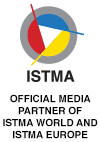3D measuring with GOM ScanCobot at Marsi Group
30.10.2023
On 18 October a workshop called “Automated 3D Measuring/ScanBox in Production Control” was held on the premises of the TOPOMATIKA company. Marsi Group held a lecture describing our story and the use of advanced technologies. You can read a short summary of the workshop here.
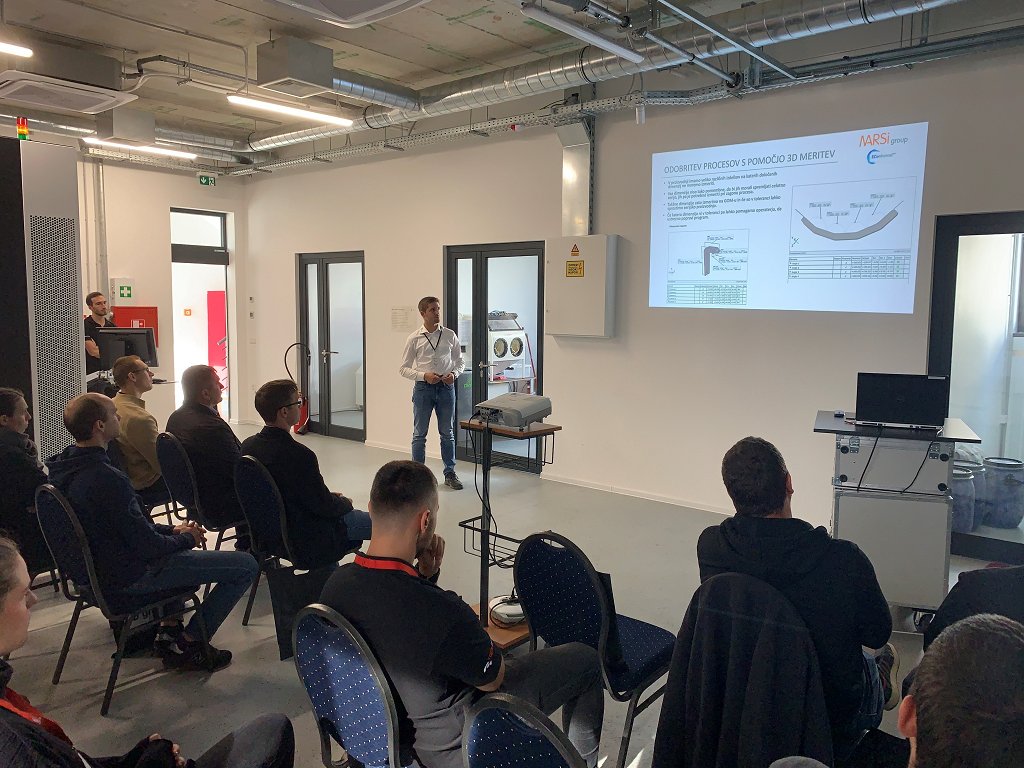
MARSi Group is an innovative and flexible company that specializes in plastic injection moulding and extrusion of plastic products. In addition to that, our company offers additive production of steel parts with the DMLS® technology – especially mould parts with conformal cooling (Econformal™) – as well as 3D measuring (ZEISS GOM ScanCobot) and the manufacture, service and development of moulds.
3D metrology helps us in mould-making, 3D printing and plastic injection moulding.
When it comes to mould-making, we use 3D measurements for dimensional inspection of finished mould parts, detection of mould defects and damage, reverse engineering – creating 3D models of segments without technical documentation, and as the input data for the repair of mould parts.
In 3D printing, we use 3D measurements mainly for the inspection of product dimensions after 3D printing, additive inspection for post-processing (GO/NGO colour display), curvature inspection and reverse engineering.
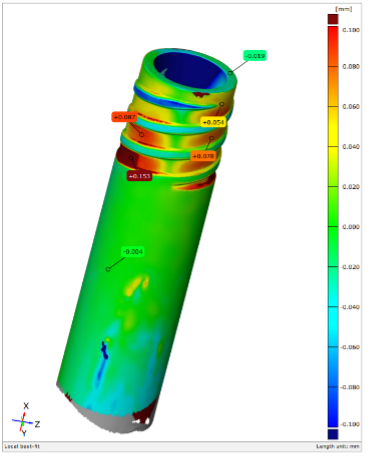 | 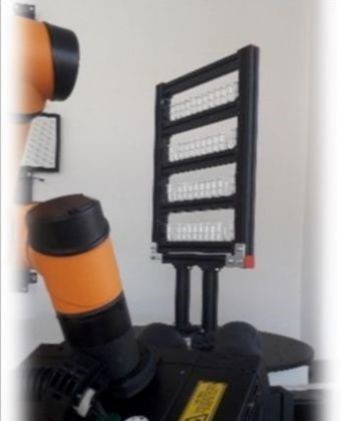 |
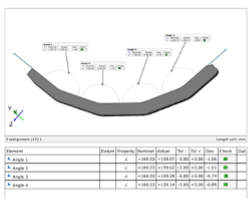 | 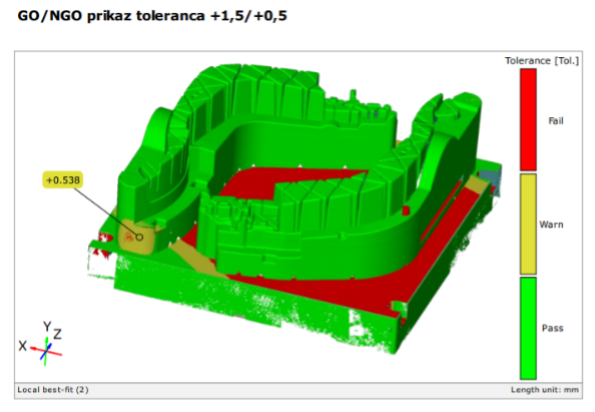 |
We use 3D metrology with zero series in plastic injection moulding. The zero series occurs when we have a new tool, a change of a mould part, a segment repair or change of a program or machine. Every zero series requires process validation. We have several products in our company, for which we cannot measure the dimensions with conventional measuring tools. In this case, we use 3D measurements. They help us to visually compare the product with a 3D model – Surface Comparison, dimensionally inspect the product, decide whether to approve batch production and configure the injection moulding programme or the mould.
3D metrology is also used during batch production. Not all product dimensions are so important that they need to be monitored for the entire batch, but they do need to be measured at the start of the process. Such dimensions are therefore measured with the GOM machine, and if they are within tolerance, batch production can be released. If any of the dimensions are not within tolerance, we can help the operator to correct the programme accordingly. Certain products have dimensions with specific characteristics, so it is important to monitor them throughout the batch. 3D metrology during batch production is used to measure products from multiple moulding nests and dimensions on products that cannot be measured with conventional tools.
We are working on programmes that would enable us to use GOM for the batch measurement of the polyurethane foam valves product range in the future. We have developed a special stand and different holders for a quick switch of different types of products. The measurement programmes are currently in the final stages of preparation. For each product type, we have prepared a program that can simultaneously scan from 8 to 48 pieces. We have also developed specific measurement programs that can be used to enter all products scenes. The scan itself is thus almost independent of the operator. We plan to measure 12 different types of products during batch production.
The company also offers 3D measuring services, mainly in combination with other production services (3D metal printing and 5-axis CNC machining) as final product inspection. We also provide scanning for reverse engineering or product inspection for our partners.
For more information about Marsi Group, please visit: marsi.at















































